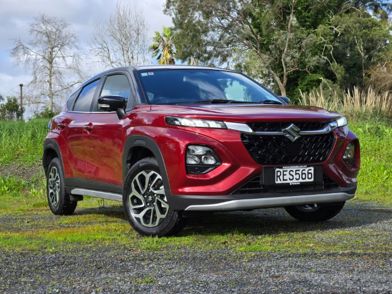A recent study by the Rocky Mountain Institute, Systems Change Lab, and the EEIST project suggests electric vehicles (EVs) could take over new car sales, claiming up to 86 per cent by 2030. This projection outpaces many previous estimates.
The study employed an S-curve model commonly used in Northern Europe and China. Once applied to a global context, the model indicated that EV sales will likely surge sixfold by 2030, making up 62 per cent to 86 per cent of all new vehicle sales. Combustion car sales seem to be on a downward trajectory, with more scrapped than sold by the mid-2020s.
Economics is playing a significant role in this shift, with falling battery costs expected to make EVs competitively priced with petrol cars in various markets globally. China is set to lead the EV market, with potential sales accounting for 90 per cent of new car sales by 2030.
The tipping point for EV adoption, when they become as affordable as traditional cars, could happen as early as next year in Europe, 2025 in China, 2026 in the U.S., and 2027 in India for medium-sized vehicles.
Beyond environmental benefits, this shift could significantly reduce oil demand for cars, potentially dropping by at least 1 million barrels per day after 2030. This change could reshape not only the automotive industry but also global energy markets.
The global auto industry stands on the brink of a substantial transformation. EVs, driven by economic factors and environmental concerns, are poised to redefine the global vehicle market. The next decade will be pivotal, and the extent of these projections remains to be seen, but one thing is clear: the future of cars is electric.





